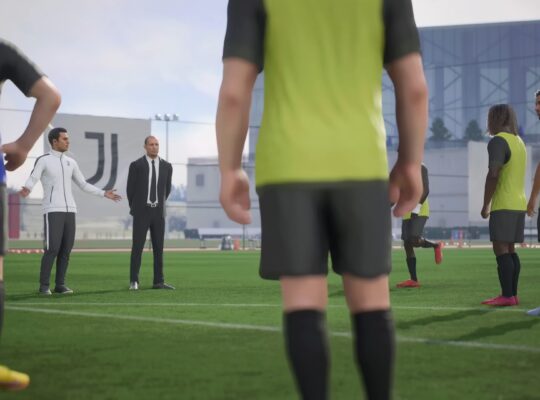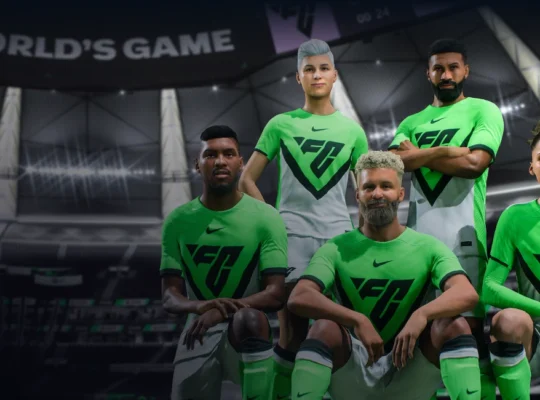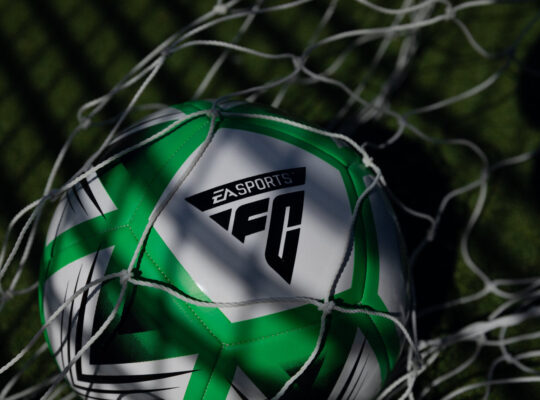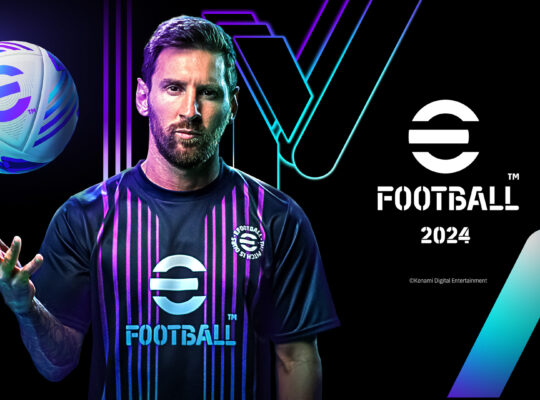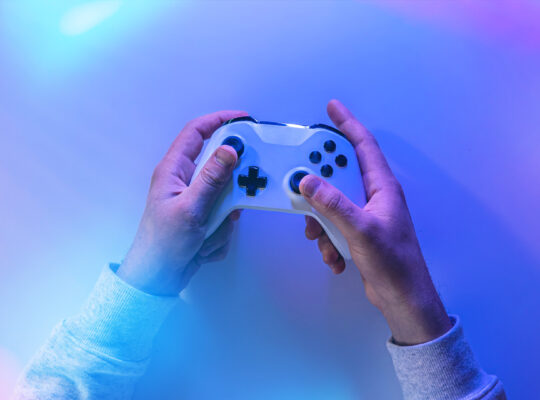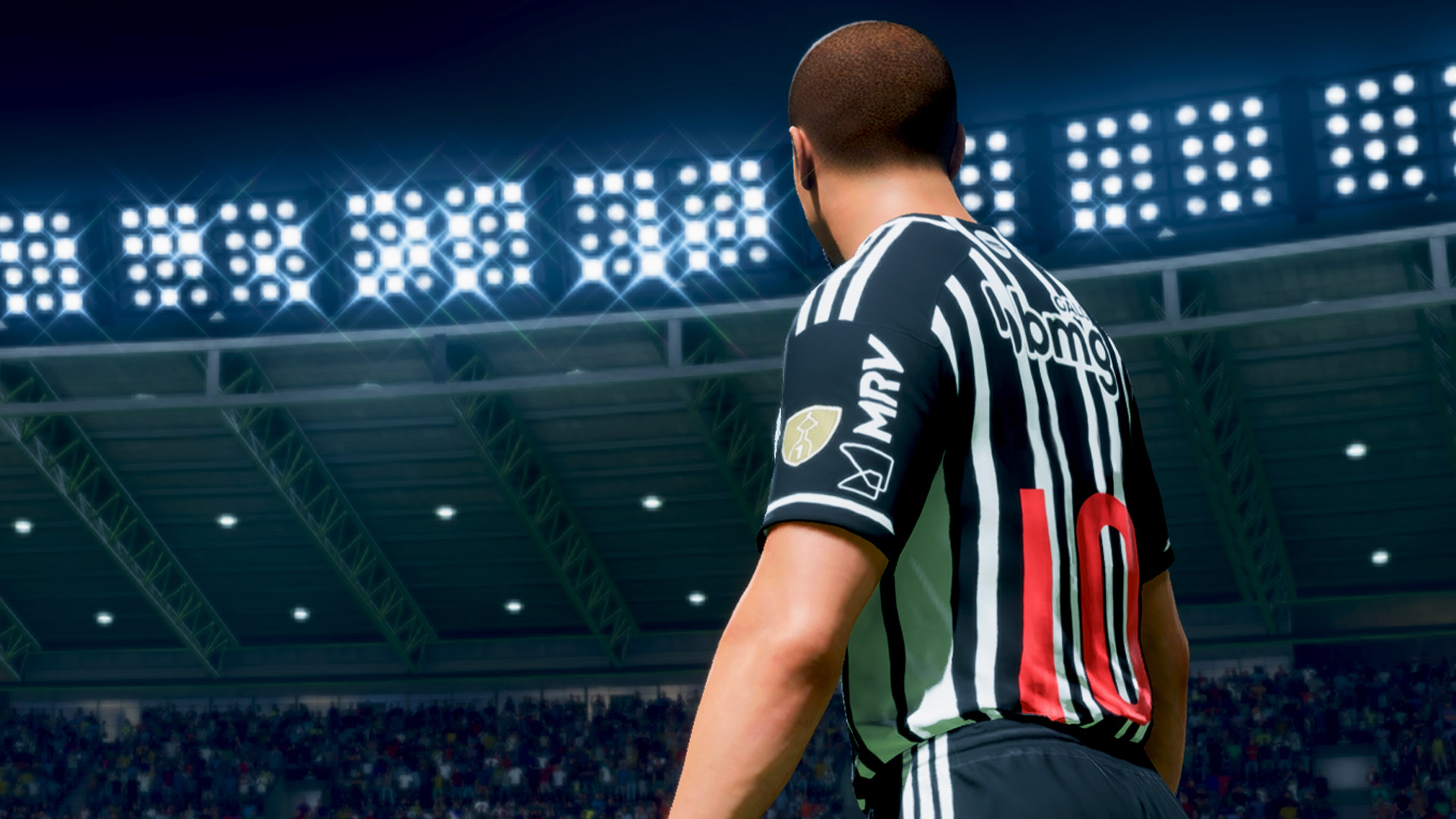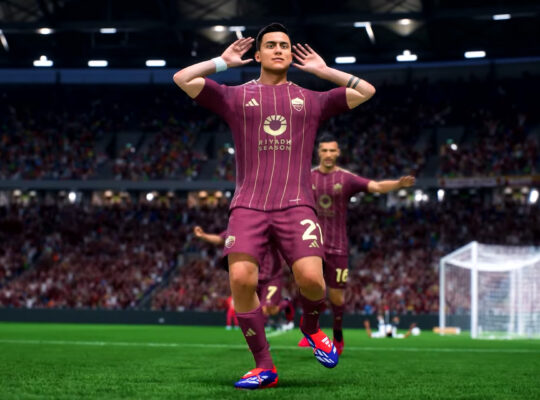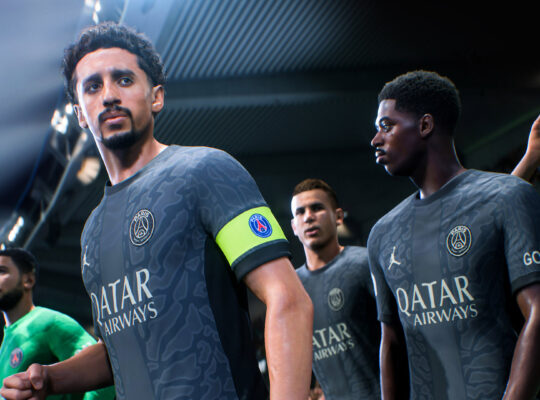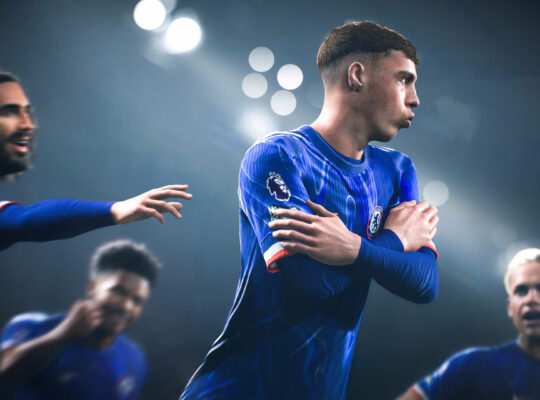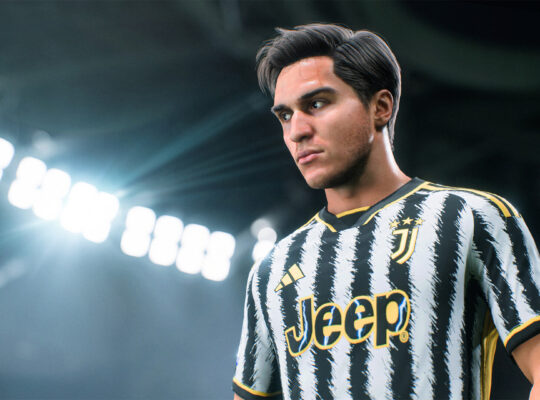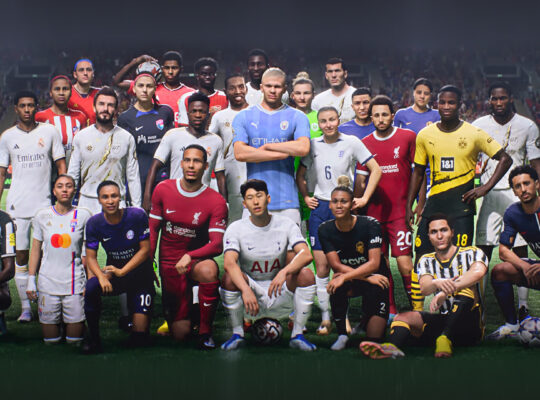The saga of legal challenges facing Electronic Arts (EA), the powerhouse behind the beloved FIFA video game series—recently rebranded as EA Sports FC—continues to unfold.
This time, the controversy has taken a significant turn with the involvement of players from Argentina and Uruguay, who have taken legal action against the company for alleged unauthorized use of their image rights in Brazil. This development marks a notable expansion of the legal battles EA has been facing, with the lawsuit saga starting back in 2016 with Brazilian club players asserting similar claims.
The Core of the Controversy
At the heart of the issue are claims from Argentine and Uruguayan footballers who allege that EA has used their likenesses in the FIFA video game series without proper authorization. Among the players involved are notable figures such as former Newcastle midfielder Jonas Gutiérrez and Leandro Desábato, former defender of Estudiantes de La Plata.
Despite these players’ lack of direct involvement with Brazilian football, they have chosen to pursue legal action in the São Paulo Court of Justice, highlighting a unique legal strategy aimed at leveraging Brazilian jurisdiction.
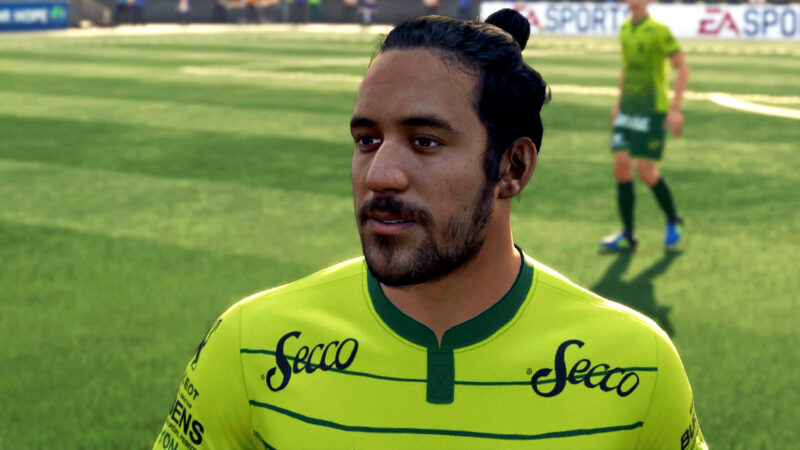
The choice to sue in Brazil, despite the international nature of the dispute, stems from a strategic legal consideration. EA, being an American company, presents logistical and legal challenges for plaintiffs seeking justice in their home countries. The legal representatives for the players, Marcel Gomes Bragança Retto and Joaquín Gabriel Mina, have pointed out the tactical advantage of suing in Brazil where EA has a legal presence. This approach aims to circumvent the delays and complexities associated with international notifications and legal proceedings.
A Broader Context: The Brazilian Precedent
The legal action by Argentine and Uruguayan players against EA finds its roots in a series of successful lawsuits in Brazil. Back in 2017 over 20 Brazil-based footballers have won damages from EA Sports and Konami, claiming unpaid image rights since 2007. The lawyers representing these athletes, highlighted a crucial difference in Brazilian law: individual players must personally authorize the use of their likeness, unlike the collective bargaining approach seen in most countries through FIFPro.
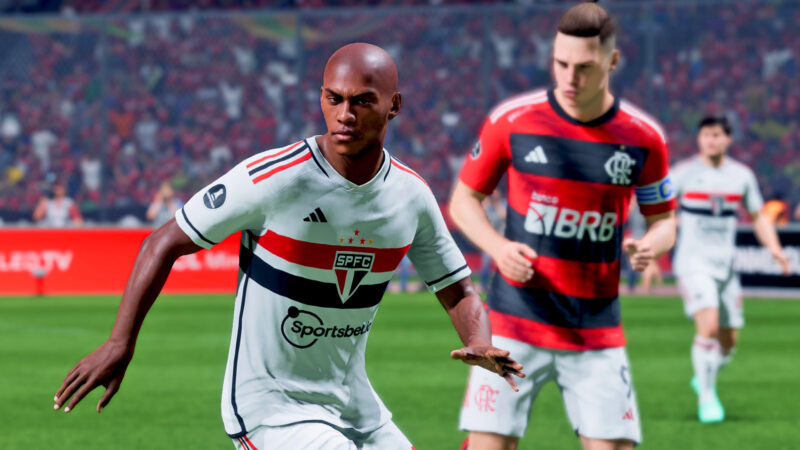
This distinction has led to a significant legal challenge for game developers, with EA Sports and Konami facing over 100 ongoing cases. This situation underscores a global discrepancy in handling athletes’ image rights and sets a critical precedent for similar cases worldwide, including the recent actions taken by foreign players in the São Paulo Court.
Implications for EA and the Gaming Industry
The legal battles have already left a mark on EA’s operations, particularly noticeable since FIFA 17, where EA has not secured licenses for players from Brazilian clubs. This has led to Brazilian teams appearing under the CONMEBOL Libertadores game mode in FC 24, but with fictional players instead of real ones. The absence of licensed Brazilian players underscores the tangible effects of the ongoing legal challenges.
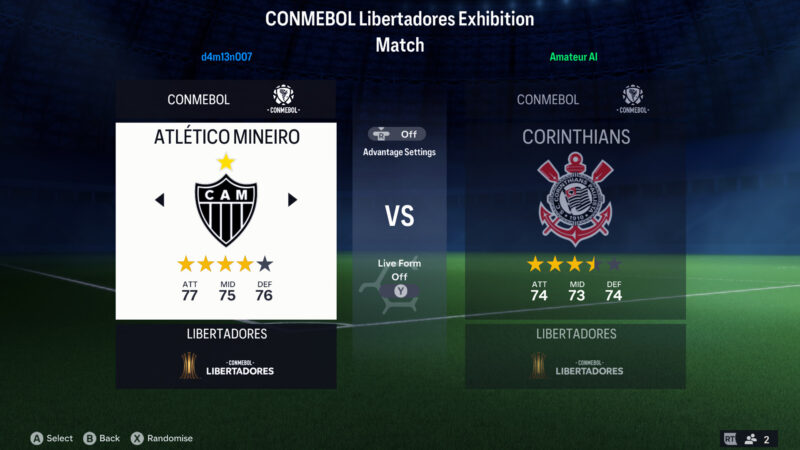
These developments suggest the need for a reevaluation in how game developers, like EA, approach the negotiation of image rights. The shift could mean higher costs or a change in how players are represented, impacting the realism and authenticity fans expect from sports video games.
These legal tussles are more than just courtroom drama; they’re about the clash between the sports world, entertainment, and digital rights. It’s all about finding that sweet spot where agreements respect personal rights without dimming the thrill of lifelike sports games for fans everywhere. With more legal moves on the horizon, this saga’s impact on the future of sports gaming is just getting started.

